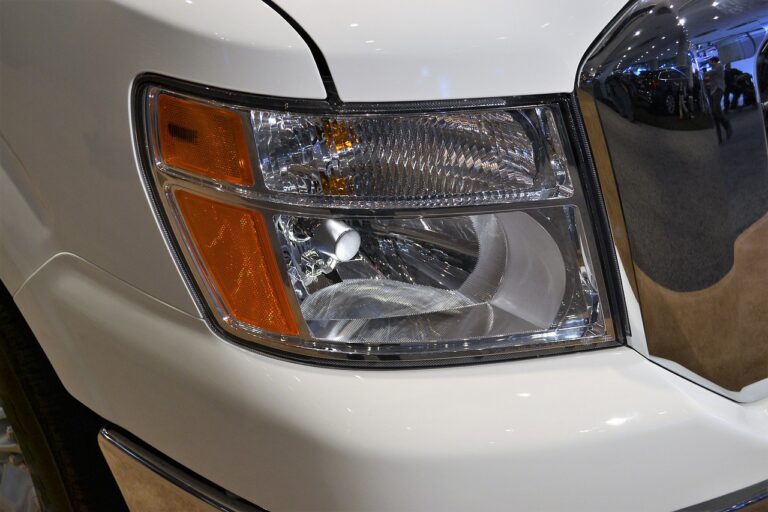The Impact of Battery Innovations on Electric Vehicle Market Growth and Adoption
bet bhai 9, playexch9 com login, lotus365win:The Impact of Battery Innovations on Electric Vehicle Market Growth and Adoption
Electric vehicles (EVs) have been gaining traction in recent years as more and more consumers and businesses recognize the benefits of transitioning to cleaner, more sustainable transportation options. One of the key factors driving the growth and adoption of EVs is the continuous innovation in battery technology. In this article, we will explore the impact of battery innovations on the electric vehicle market and how advancements in this area are shaping the future of transportation.
The Evolution of Battery Technology
Batteries are at the heart of electric vehicles, providing the energy needed to power the vehicle’s electric motor. Over the years, there have been significant advancements in battery technology, leading to improved performance, increased energy density, and longer driving ranges for EVs. These advancements have made electric vehicles more attractive to consumers by addressing some of the key concerns surrounding range anxiety and charging times.
One of the most notable developments in battery technology is the shift towards lithium-ion batteries. Lithium-ion batteries are lighter, more compact, and have a higher energy density compared to traditional lead-acid batteries. This allows for longer driving ranges and faster charging times, making EVs a more practical and convenient choice for everyday use.
Another key innovation in battery technology is the development of solid-state batteries. Solid-state batteries use solid electrolytes instead of liquid electrolytes, which eliminates the risk of leaks and fires associated with traditional lithium-ion batteries. Solid-state batteries also have the potential to increase energy density even further, leading to even longer driving ranges for electric vehicles.
The Impact on Market Growth
The continuous advancements in battery technology have had a profound impact on the growth and adoption of electric vehicles. As battery technology improves, EV manufacturers are able to produce vehicles with longer driving ranges, faster charging times, and better overall performance. This, in turn, has made electric vehicles more appealing to a wider range of consumers, leading to an increase in demand for EVs.
In addition to driving consumer adoption, battery innovations are also playing a crucial role in shaping the electric vehicle market. As battery costs continue to decline and energy density increases, the production of electric vehicles is becoming more cost-effective. This has led to a proliferation of EV models in the market, with more manufacturers entering the space and offering a diverse range of electric vehicles to cater to different consumer preferences.
Moreover, advancements in battery technology are also driving infrastructure investments in charging stations and battery recycling facilities. As the demand for electric vehicles increases, there is a growing need for an extensive charging network to support the mass adoption of EVs. Battery recycling facilities are also becoming more prevalent to address the environmental impact of battery disposal and to ensure that valuable materials are recovered and reused.
The Future of Electric Vehicles
Looking ahead, battery innovations are expected to continue shaping the future of electric vehicles. With ongoing research and development in areas such as solid-state batteries, fast-charging technologies, and battery recycling, we can expect to see further improvements in the performance and affordability of electric vehicles. This will make EVs an even more attractive option for consumers looking to reduce their carbon footprint and lower their transportation costs.
In conclusion, battery innovations play a pivotal role in driving the growth and adoption of electric vehicles. As advancements in battery technology continue to improve the performance, range, and cost-effectiveness of EVs, we can expect to see a significant increase in the number of electric vehicles on the road. With the continued focus on sustainability and clean transportation, electric vehicles are poised to become a mainstream mode of transportation in the near future.
FAQs
1. What is the current state of battery technology for electric vehicles?
As of now, lithium-ion batteries are the most commonly used battery technology in electric vehicles. These batteries offer a good balance of energy density, cost, and performance. However, researchers are actively working on developing solid-state batteries and other next-generation battery technologies to further improve the capabilities of electric vehicles.
2. How do advancements in battery technology impact the cost of electric vehicles?
As battery costs continue to decline due to advancements in technology and economies of scale, the overall cost of electric vehicles is also expected to decrease. This will make electric vehicles more affordable for a larger segment of the population, driving further adoption of EVs.
3. Are there any challenges associated with battery innovations in electric vehicles?
While battery innovations have led to significant improvements in the range and performance of electric vehicles, there are still challenges to address, such as charging infrastructure, battery recycling, and energy storage. Researchers and industry stakeholders are actively working to overcome these challenges to accelerate the transition to electric mobility.






